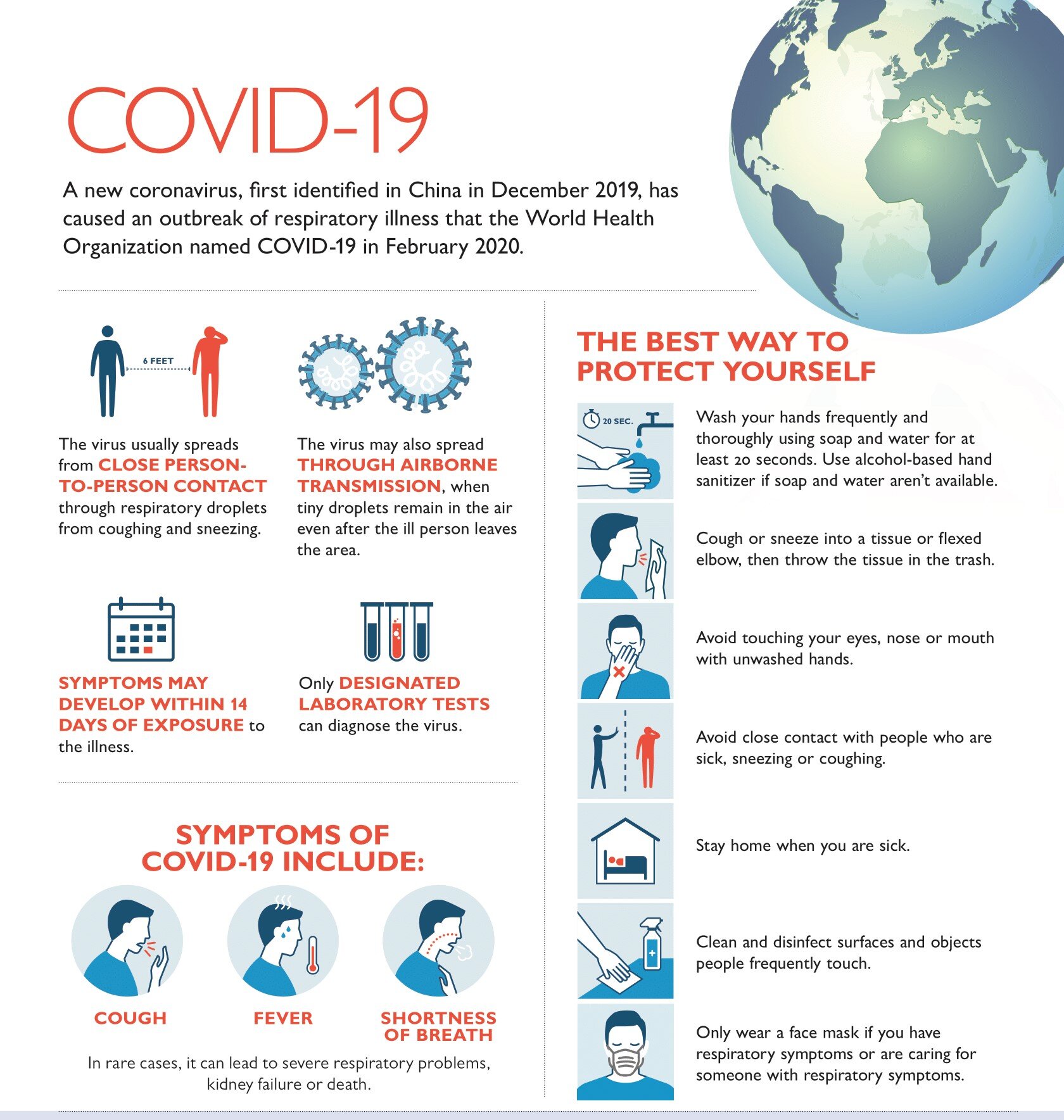Comprehensive Action Plan For Covid-19 | 24 Jun 2020
This article is based on “More than Medical Help” which was published in the Indian Express on 22/06/2020. It talks about the need for a comprehensive action plan to deal with Covid-19 pandemic India.
Covid-19 pandemic is a far greater social, economic, and political phenomenon than merely a biomedical one. Due to its ill-effects on lives and livelihood, the pandemic is turning into one of the worst humanitarian crises in recent human history.
Further, the mismanagement of the disease has made India on the verge of Covid-19 entering into the community transmission stage. Given the condition of public health infrastructure, the current pandemic is a great challenge for the government as well as citizens.
In this context, there is a need for a comprehensive strategy to combat the pandemic.
Hidden Issues Related to Covid-19 Management
- Hidden Hunger: Hidden hunger needs more attention in times of record unemployment and a slowing economy.
- Also, in the absence of proven technological medical tools against the virus, the body’s innate immunity is the most reliable defence against the disease.
- India’s chances of staving off large-scale Covid-19 deaths will depend on how effectively the menace of hidden hunger is addressed.
- Poor Preparedness: The lockdown was supposed to provide time for strengthening the healthcare facilities. However, still there is a long way to go for making adequate medical infrastructure like beds, testing kits, PPE kits.
- This compromises the treatment of patients suffering Covid-19 and further aid in spreading the disease.
- Untreated Morbidity due to Non-Covid Disease: Due to increased burden on public hospitals for treatment of Covid-19, patients suffering from other diseases have been largely neglected.
- Given the large number of cases relating to Tuberculosis, upper respiratory diseases and Non-communicable diseases in India, millions of patients are at risk.
- Data Obscurity: The importance of comprehensive data for an evidence-based and epidemiologically sound strategy can never be overemphasized.
- However, there is still no unanimity between the different health related organisations, regarding the actual number of Covid-19 infections in India.
- Lack of Epidemiological Research: Historically, there has been a near-absence of “managerial physicians” equipped with the social, political and technical understanding of health problems in the Indian public health system.
- Consequently, the epidemiologists and social scientists have been marginalised in Covid-19 policy formulation.
- While sound clinical knowledge is indispensable for clinical management of patients, a grounded understanding of epidemiology and socioeconomic dynamics of the disease is also very important.
Note:
- Managerial Physicians are doctors with management positions who possess important skills and values such as observation, problem-solving, analysis and ethical judgement.
- Issues Relating to Medical Personnels: The fulfillment of the elementary needs of health workers has been a major issue.
- Many doctors have reportedly been served show cause notices, suspensions and even termination of services for simply demanding PPEs (personal protective equipment).
- Reasonable demands like shorter durations of duty in Covid affected areas and regular rotation between Covid and non-Covid areas seem to have been ignored.
Steps To Be Taken
- Issue Effective Guidelines To Private Hospitals: The central and the state governments may issue necessary guidelines seeking cooperation from the private sector.
- This will ease the burden of public hospitals and help in availing treatment to all the patients suffering from Covid-19.
- Increasing Public Funding in Healthcare: Public expenditure on health should be immediately increased.
- This will ensure a well functioning of tertiary and secondary care in government hospitals.
- Also, there is a need for improving sanitation and hygiene, provisioning of equipment, toning up of laboratory facilities, and recruiting the additional staff to meet the workload.
- Outreach Clinics: To reduce crowding at hospitals, outreach clinics (for example Mohalla clinics in delhi) should be organised in communities to treat minor illnesses.
- Ensuring Safety of Health Workers: All necessary equipment such as PPEs should be provided to the healthcare staff in accordance with the requirements of their station of work.
- Shorter duty hours with rotation and periodic duty offs to relieve stress should be instituted for minimising the attrition of the workforce.
- Effective Data Gathering: Primary and secondary level health facilities ought to be made fully functional and frontline health workers need to be trained and fully geared up for disease surveillance work.
- Enabling Research: Rigorous research on the epidemiological, clinical, social, economic, and political aspects of the pandemic should be undertaken to ensure real time decisions to a rapidly evolving pandemic situation.
Conclusion
Along with reliance on medical measures, it is imperative to alleviate the socio-economic conditions of individuals to resist Covid-19 infection and prevent transmission.
|
Drishti Mains Question Rather than exclusive reliance on medical measures, it is imperative to alleviate the socio-economic conditions of individuals to tackle the Covid-19 pandemic. Discuss. |
This editorial is based on “Decoupling from China” which was published in The Times of India on June 23th, 2020. Now watch this on our Youtube channel.

